Privacy, Security, and Ethical Issues in Facebook, Google, and IoT
VerifiedAdded on 2023/04/25
|10
|921
|276
Essay
AI Summary
This essay analyzes the critical privacy and security issues associated with Facebook, Google, and developing applications like the Internet of Things (IoT). It explores the psychological effects of Facebook use, including feelings of jealousy and addiction, and the platform's privacy vulnerabilities, such as the exposure of private information and lack of user control over news feeds. The essay also critiques Google for potential tax avoidance, misuse of search results, and data privacy concerns, including intellectual property issues and the company's data-sharing practices. Furthermore, it examines the security challenges within the IoT, highlighting the risk of hacking smart devices and the lack of security standards, which can lead to data breaches and false positives. The essay concludes by emphasizing the importance of addressing these issues to mitigate risks and protect user data in an increasingly interconnected world.
1 out of 10
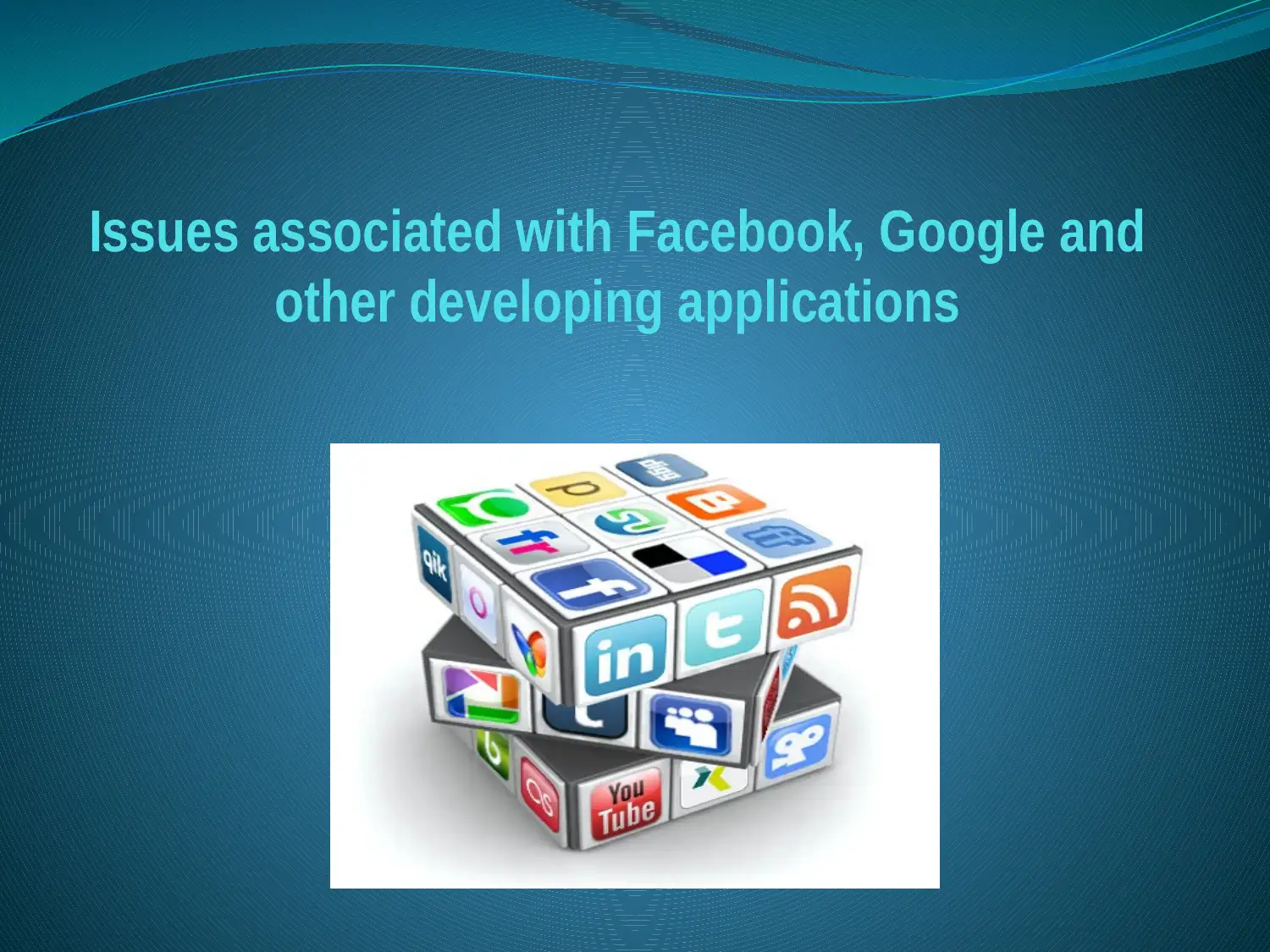
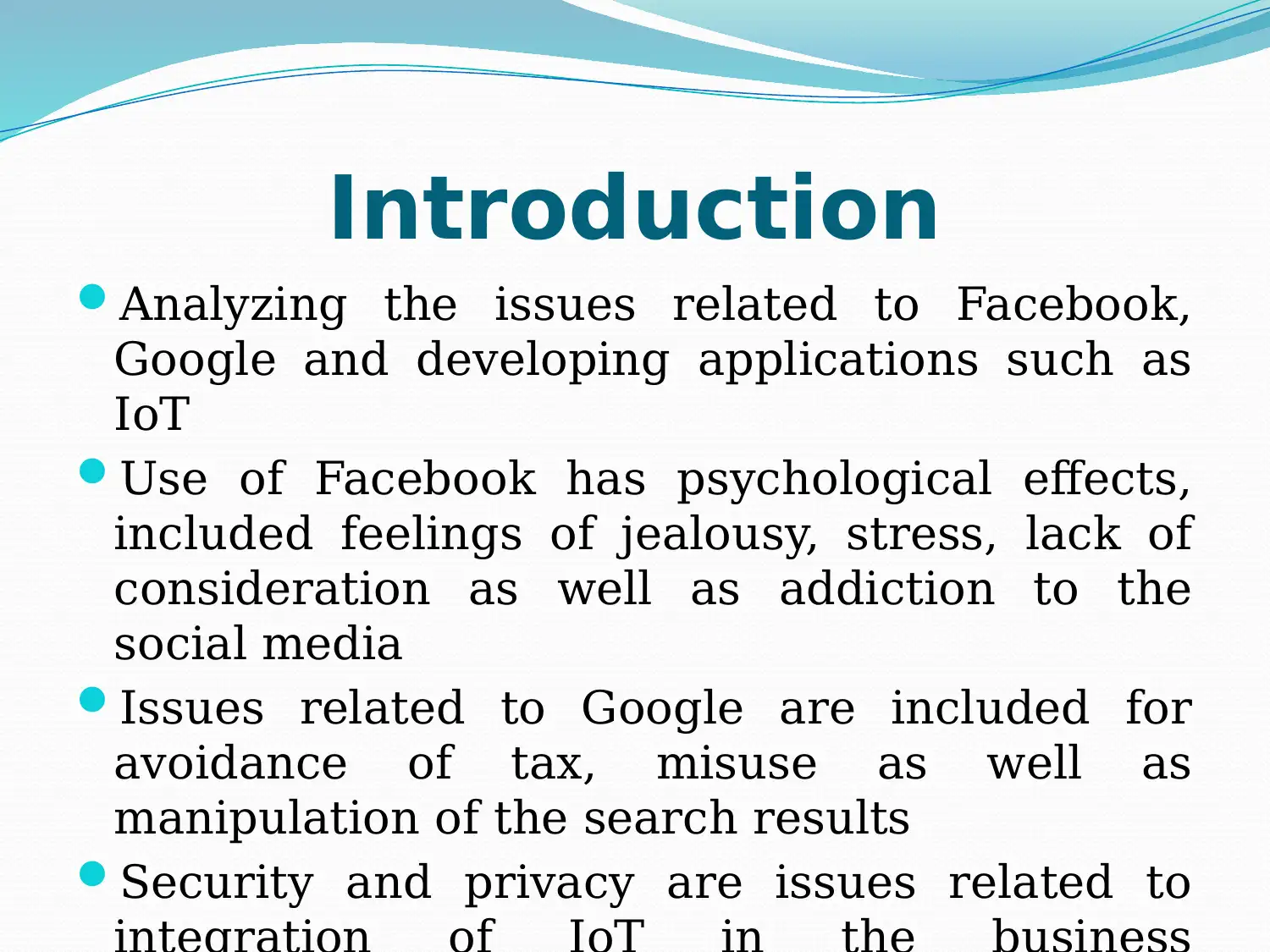
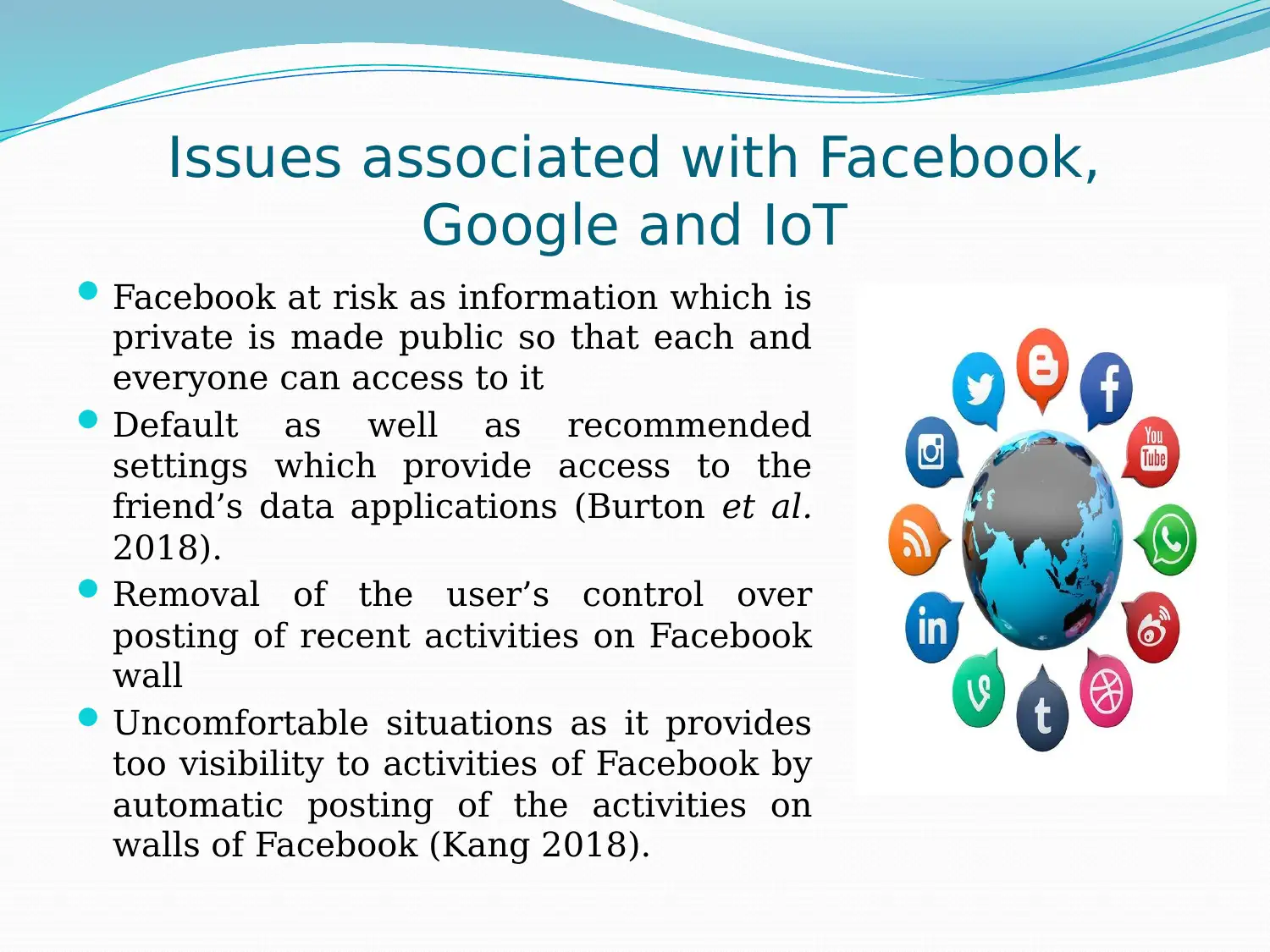

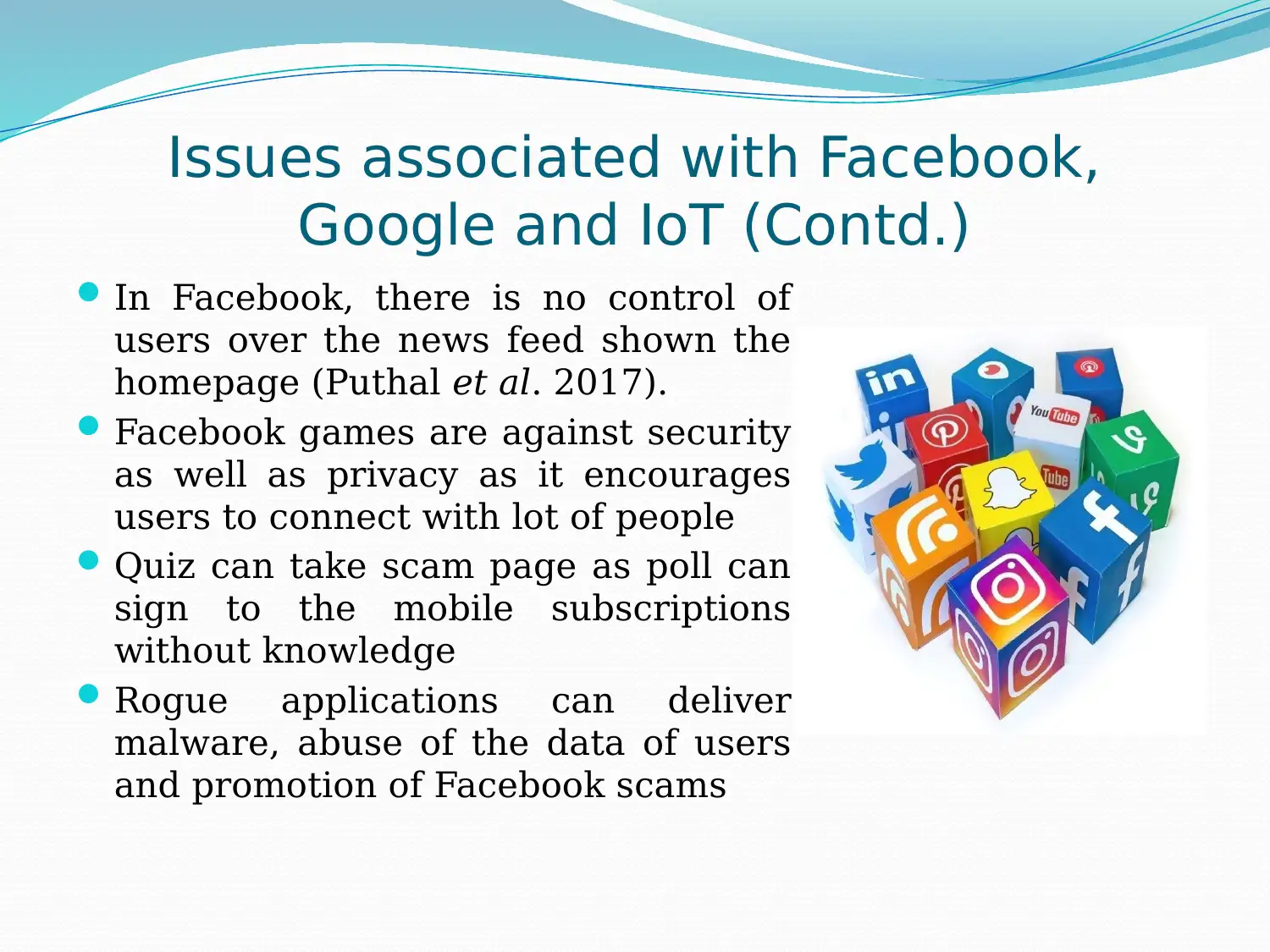
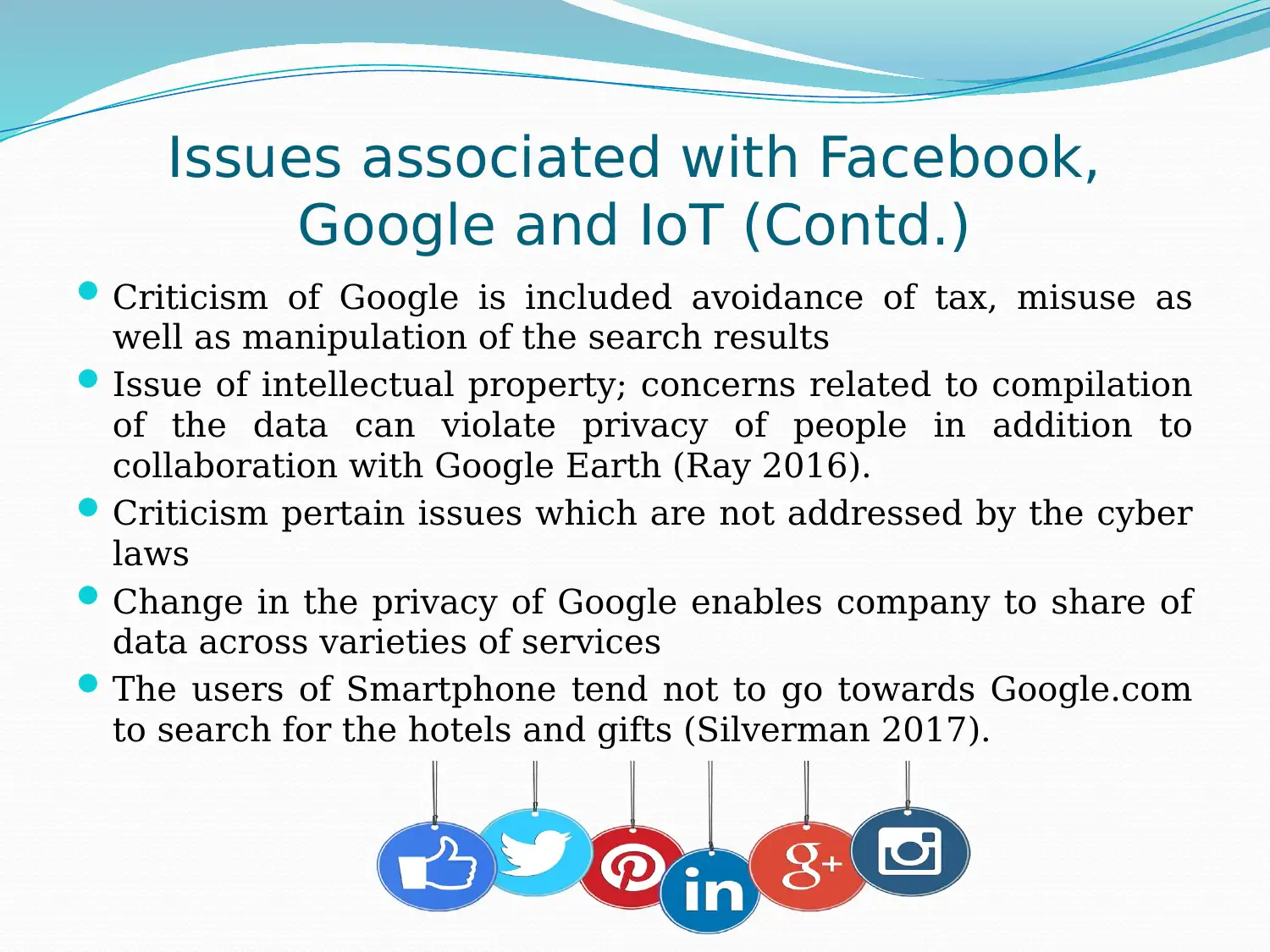
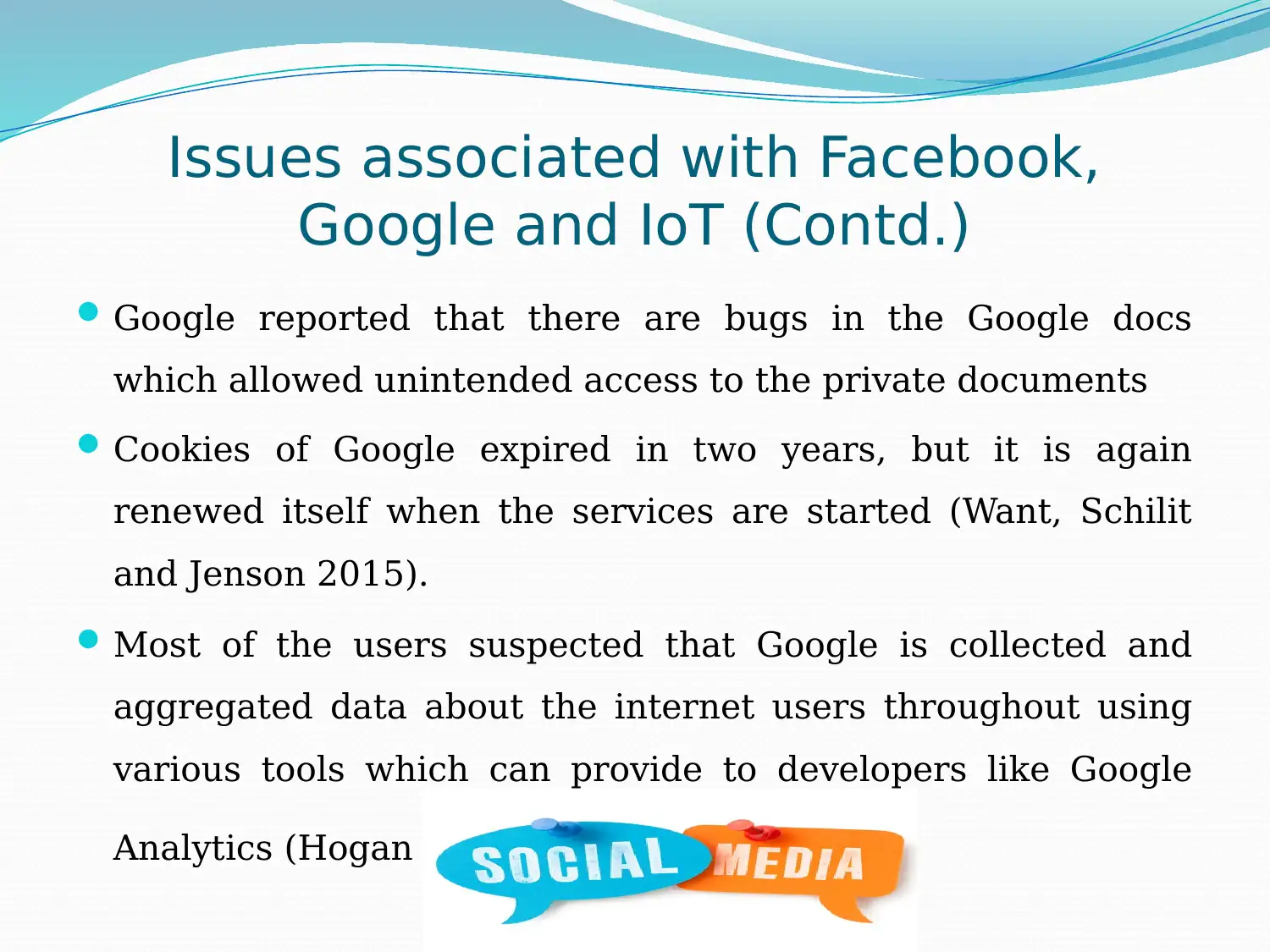
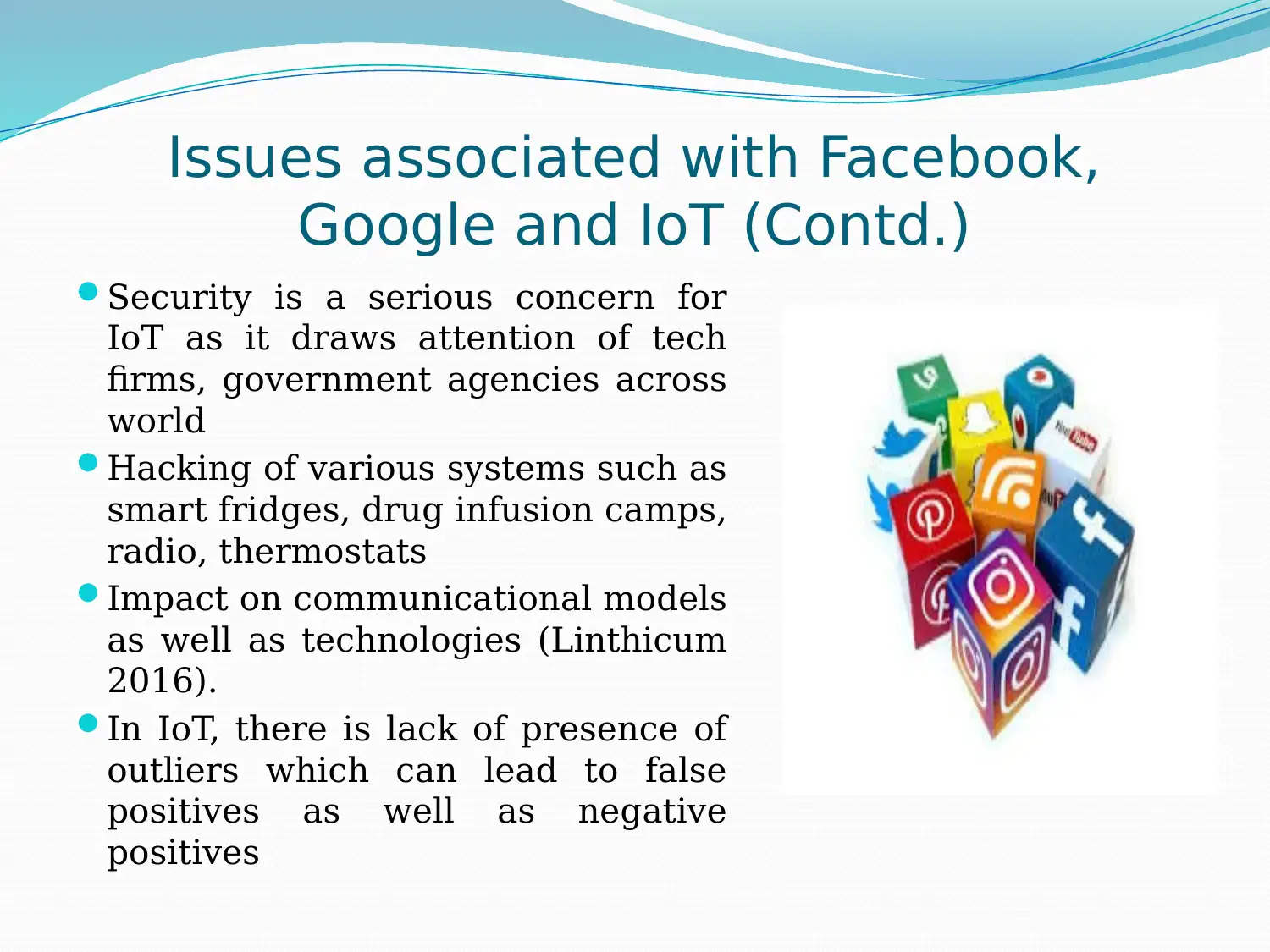
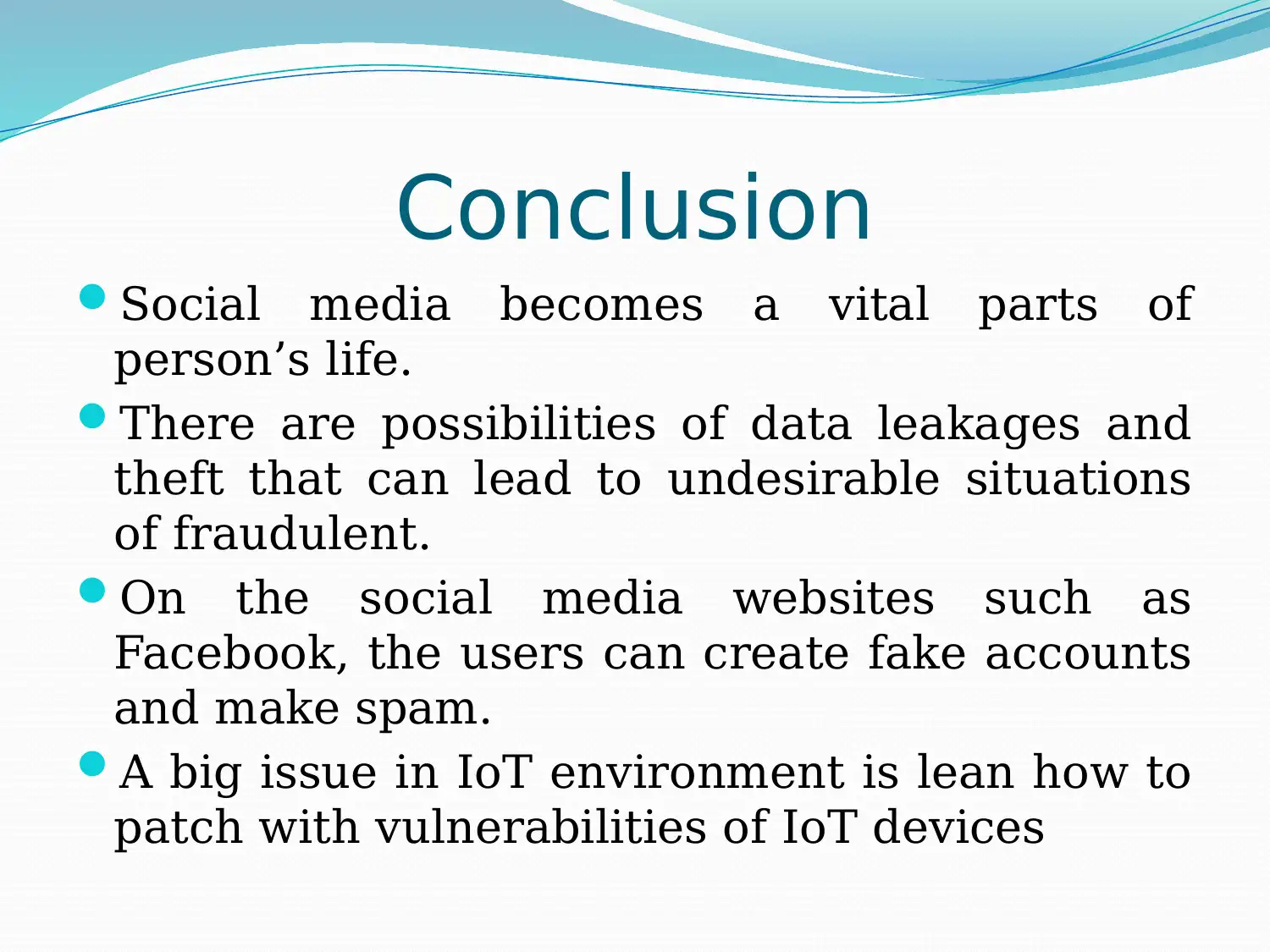
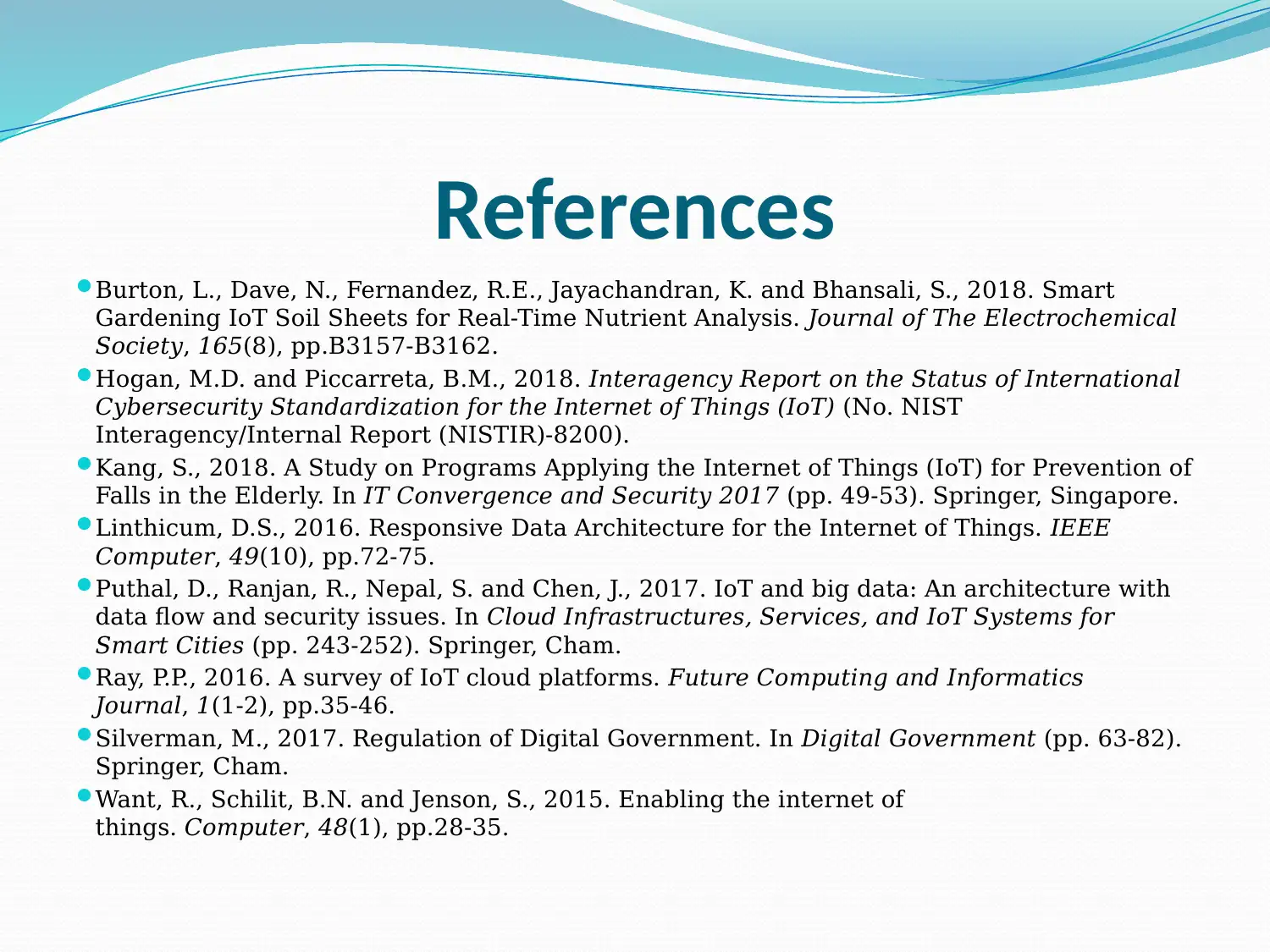







![[object Object]](/_next/static/media/star-bottom.7253800d.svg)